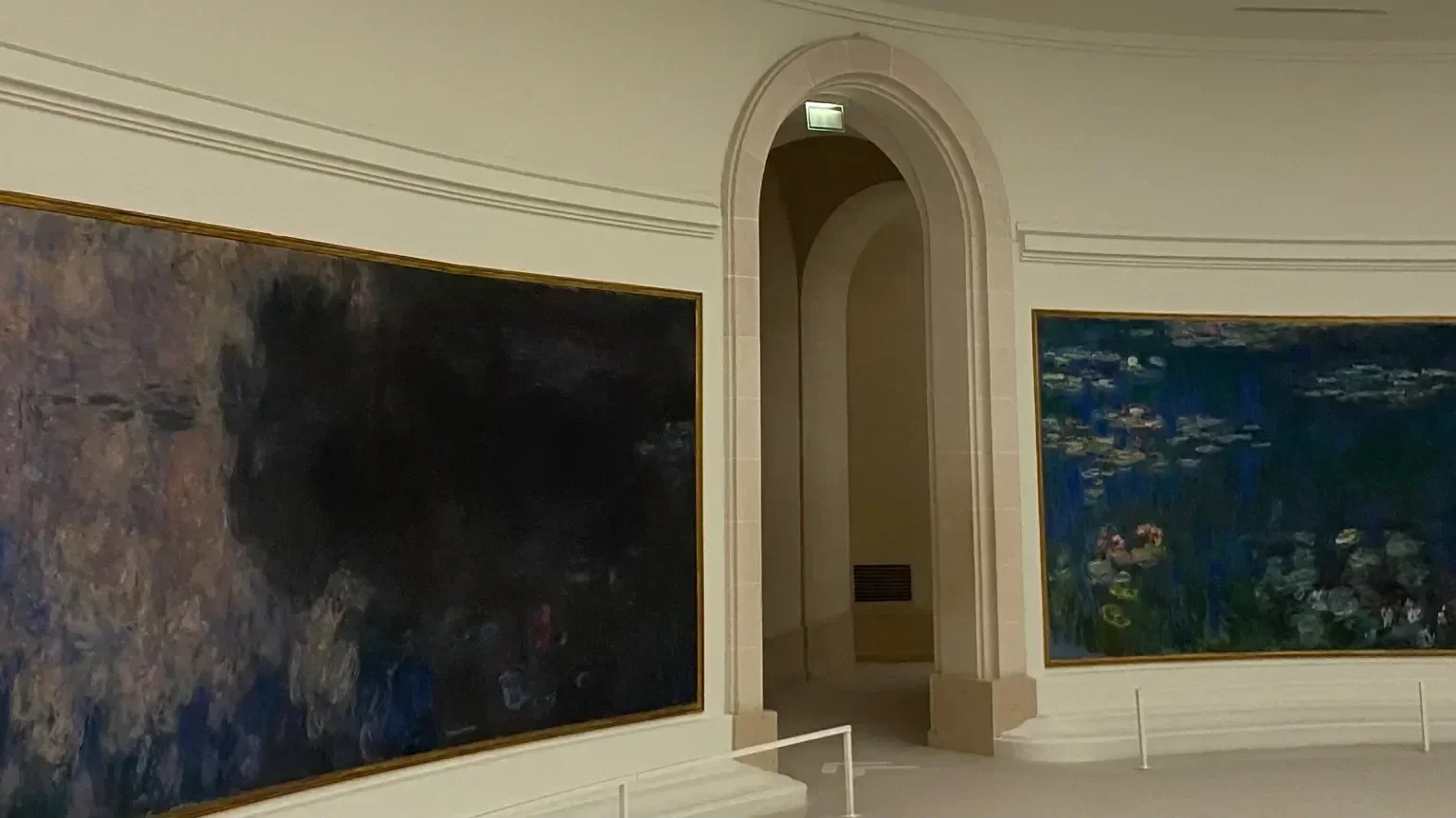Arte de Vivre
From the Renaissance to the present day, from Impressionism to Surrealism, from Hermès to Chanel, France has consistently demonstrated its ability to nurture great passion and innovation in the arts. Its innovation has been invested in by royal patronage throughout history, and such long-term, large-scale investment always lays a seed that blooms through culture into the future. But art in French life is something tangible beyond just its physical output or the famous names in history. Artistic appreciation, sincere understanding, and an ardour for freedom are found in the air of cafés and bistros, in the echoing steps down underground into the metro, along uneven cobblestone paths, in the burning heat of Provençal sandstone in the countryside on a summer day. It sings through the chalky grapes of a château’s vineyard, whispers inside the flimsy paper voting booths, and in the visceral passion that erupts out of protests on city streets. There is a unique love of intimacy that is deeply ingrained in the atmosphere and culture – tangibly felt the moment you cross into the country. This is no mistake. The intertwined relationship between the French state and art can be traced back to the 16th century, a time when national prestige was thought to rest on the quality of the arts. The state founded institutions like the Académie française and the Académie de peinture et de sculpture, creating formal structures to foster excellence and identity. Here, the fortune was born – a culture of what would become the shared French inheritance. In modern France, Charles de Gaulle appointed André Malraux as the first Minister of Culture, who carried this story forward and made cultural appreciation accessible to everyone, not just the elite. Malraux’s mission was to realise the droit à la culture (the right to culture – an idea enshrined in the French Constitution) by opening the doors of culture to all; he aimed to elevate French culture after the devastation of World War II. The democratisation of art immediately became the heartbeat of modern communities and ultimately led to the spread of state-supported art institutions to every corner of French life. An appreciation of craft and of thoughtful processes is integrated into every fibre that weaves into the country’s fabric. To appreciate craftsmanship is also to accept the absence of haste—a slower, more deliberate curation of life, ultimately resulting in finer outcomes. Take the great French nurturing of vineyards. In an isolated vineyard in Bordeaux, the sommelier doesn’t speak of the number of grapes but of the patience to get to this bottle – the slow and thoughtful aging in particular troughs of land to get just the faintest note of a flavour. There is an understanding in France that the joy which comes from life’s pleasures is greater than just the comfort those pleasures may bring. To eat is to dine, to sit, to taste, to let flavours evolve and mature in the mouth. The ritual of dining is as much about rhythm as it is about nourishment. Savoir-faire (craftsmanship) extends beyond art into a broader cultural outlook on life. From the days of the monarchy and its patronage, through the influence of famous historical figures, France’s love of art and culture has become increasingly woven into the fabric of every French person as society has moved towards equality and democracy. To truly love the craft that forms life’s pleasures is to make deliberate choices as a representative, even when your allies contend. Naturally, France has been one of the most vocal opponents to the unchecked advancement of artificial intelligence. The government created INESIA at the beginning of this year—a national institute dedicated to assessing the security of AI. France has taken a global lead on ethical AI, emphasising inclusivity and sustainability. INESIA was announced on the fifth day of a six-day summit with world leaders at the Grand Palais this February, aimed at strengthening international cooperation on AI for national and global interests. For the French, technology must serve humanity and liberty, never to prioritise it over the individual. The centuries-old love affair is with the process, not the erasure of it. As we move forward in a global capitalist ecosystem obsessed with erasing the process, the French set the tone for navigating the pressures of prioritising technological innovation. For our children, we must never lose the true ‘Arte de Vivre’ and the adoration of everything that we have inherited in our human experience through craftsmanship. For France, art is not just a pastime. It is an honest culture and a way to seek understanding of what it means to be human. This fiercely genuine authenticity is not only what sets France apart but is also what will allow its way of life to influence — and perhaps joyously infect — a rapidly globalising culture into the future.

